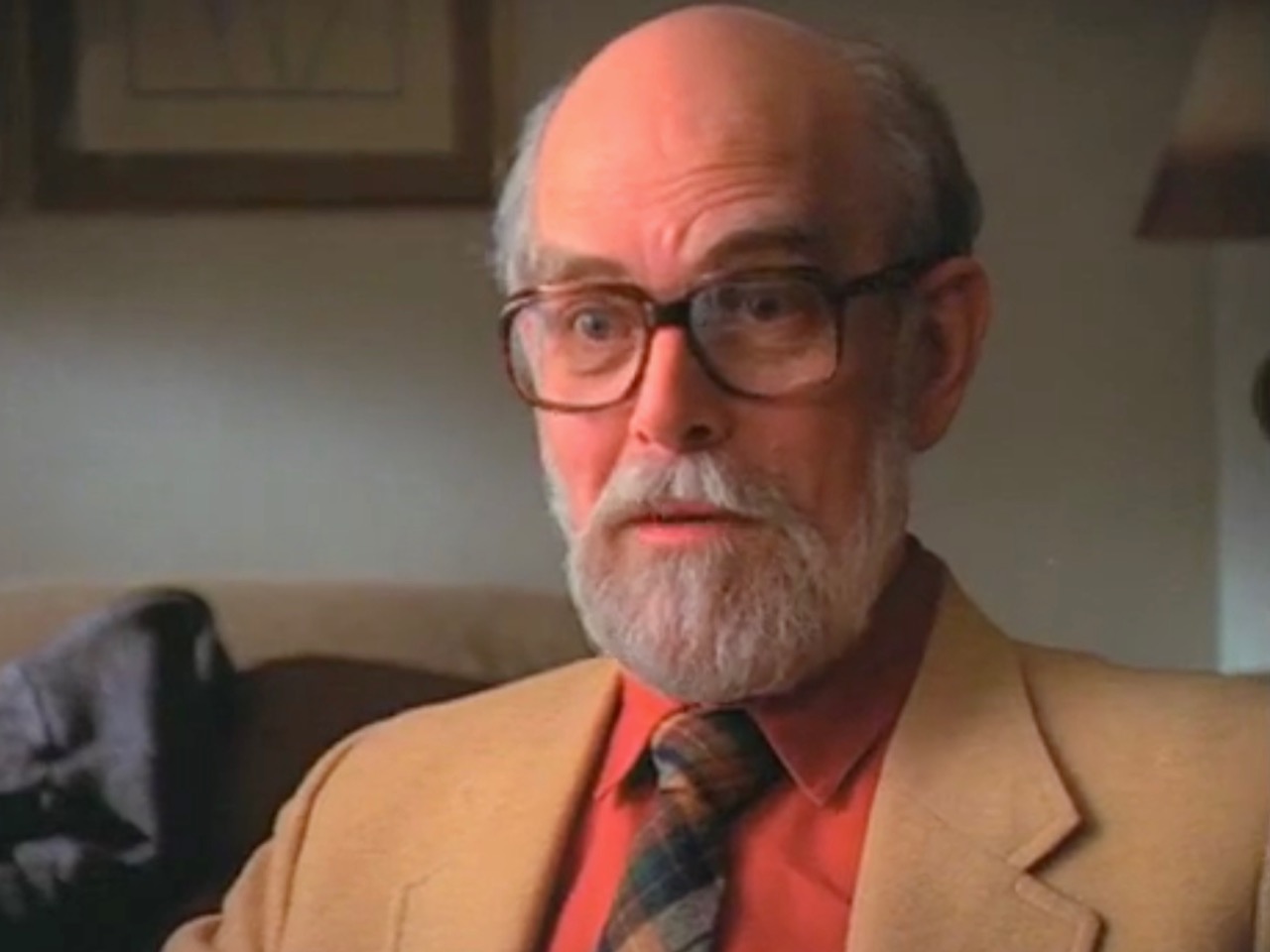And she was able finally to get a call through to the Union headquarters and they could tell her that he was back and safe. I think my father would say about the Union that it was a crucial development at the time that people needed some kind of hopeful way to begin to change circumstances. They couldn't continue to live in such abject poverty and such awful situations. So it was a crucial time for it to come along. It was a crucial development to have the Union and the Union meant for many people a possibility to challenge the establishment, a possibility to say no more, we can't have any more of being treated this badly. We've got to be able to get along, we've got to be able to work it out together.
I can't think of any moments alone that stand out in terms of his telling about those days. There were lots and lots of moments that stood out in his recounting and other members when they'd get together talking about what had gone on in those days, how they felt about it, what the outcome was, who was there, all those kinds of things that they would talk about as they reminisced about those times. But he was very proud of not only the people who came together who were so diverse, who were organizers, but really proud of all the people who just had the gall to come together for those meetings, to even show up. Put your life in danger, to risk their children's well-being, whatever well-being there was, and safety to go to those meetings, as for example in the church that I just described.
And he was proud that people seem to emerge whenever there's a need and can come from low income, whatever kinds of cultural background, social class differences, and work together and out of different beliefs and different values, put something together, create something that worked for that time in that period of history in the South, that began to say people can organize and get together, they can cross all these different bridges and differences, and somehow can stand up to the establishment, the powers that be, and say, we have to talk. Do you think he would have felt that it laid the groundwork for future efforts to bring black and white together? There's no doubt that he believed that the work of the Union and other related organizations in the South at the time laid the groundwork for much of the changes in the South that
were to come. That the Union evolved through various stages, and other groups then picked up and were able, with various working groups, to say, you have a right to talk to your bosses, you have a right to have decent working conditions, you have a right to have bathrooms on site, water available when you're working all day in the fields. So there were evolutions that took place of the Union and other groups as well, and those are some of the things that he would have seen as inevitable, because movements like that don't stop. They plant the seed of an idea and hope, and those ideas and hopes continue to be there, whatever kinds of expression, there may be whatever forms of expression. There may be an organizing various kinds of groups, but people can't do those things by
themselves. They have to come together, and I think those organizers knew that. And at that point, we're ready to say, black and white together, we can find some ways to begin to stand up to the planter system and challenge the status quo, because things have got to change. Can you tell me the story about the man and the woman behind the plow?
 Oscar Fendler Discusses Landlords, Tenant Farmers, and Sharecroppers (1992)
Oscar Fendler Discusses Landlords, Tenant Farmers, and Sharecroppers (1992)
 John Twist Discusses Poverty and Hunger (1993)
John Twist Discusses Poverty and Hunger (1993)
 David Goeppinger Discusses Economic Devastation in the South (1992)
David Goeppinger Discusses Economic Devastation in the South (1992)
 Nancy Neale Talks About the Missouri Roadside Demonstration (1993)
Nancy Neale Talks About the Missouri Roadside Demonstration (1993)
 John Twist Discusses the Agricultural Adjustment Act and Its Consequences (1993)
John Twist Discusses the Agricultural Adjustment Act and Its Consequences (1993)
 Former Sharecropper George Stith Discusses the Agricultural Adjustment Act (1992)
Former Sharecropper George Stith Discusses the Agricultural Adjustment Act (1992)
 Oscar Fendler Discusses Evictions of Tenant Farmers and Sharecroppers (1992)
Oscar Fendler Discusses Evictions of Tenant Farmers and Sharecroppers (1992)
 George Stith Describes the Start of the Southern Tenant Farmers’ Union (1992)
George Stith Describes the Start of the Southern Tenant Farmers’ Union (1992)
 Nancy Neale Discusses the Formation of the Southern Tenant Farmers’ Union (1993)
Nancy Neale Discusses the Formation of the Southern Tenant Farmers’ Union (1993)
 Nancy Neale Talks About the STFU’s Decision to Be Interracial and Nonviolent (1993)
Nancy Neale Talks About the STFU’s Decision to Be Interracial and Nonviolent (1993)
 Miller Williams Discusses a Violent Response to the Union from White Southerners (1993)
Miller Williams Discusses a Violent Response to the Union from White Southerners (1993)